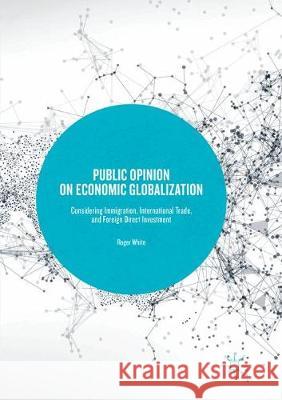Public Opinion on Economic Globalization: Considering Immigration, International Trade, and Foreign Direct Investment » książka
topmenu
Public Opinion on Economic Globalization: Considering Immigration, International Trade, and Foreign Direct Investment
ISBN-13: 9783319863214 / Angielski / Miękka / 2018 / 288 str.
Public Opinion on Economic Globalization: Considering Immigration, International Trade, and Foreign Direct Investment
ISBN-13: 9783319863214 / Angielski / Miękka / 2018 / 288 str.
cena 483,04
(netto: 460,04 VAT: 5%)
Najniższa cena z 30 dni: 462,63
(netto: 460,04 VAT: 5%)
Najniższa cena z 30 dni: 462,63
Termin realizacji zamówienia:
ok. 22 dni roboczych.
ok. 22 dni roboczych.
Darmowa dostawa!
Kategorie:
Kategorie BISAC:
Wydawca:
Palgrave MacMillan
Język:
Angielski
ISBN-13:
9783319863214
Rok wydania:
2018
Wydanie:
Softcover Repri
Ilość stron:
288
Oprawa:
Miękka
Wolumenów:
01











